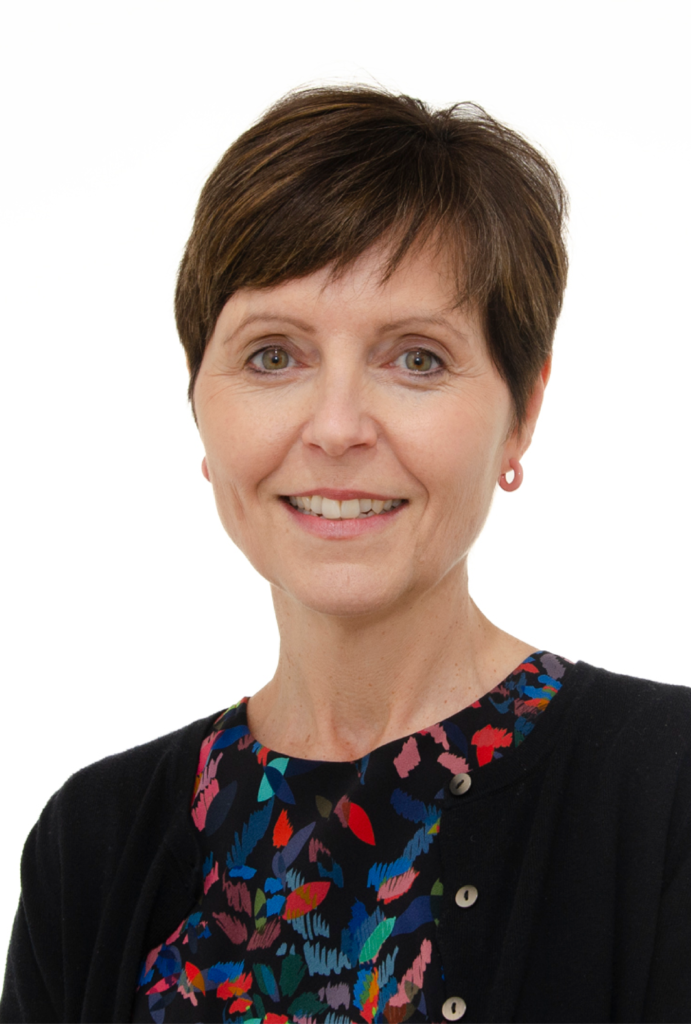Five Questions with Antonia Seymour
Antonia Seymour has been at the helm of IOP Publishing since March 2021 having joined IOPP in 2018 initially as Publishing Director.
She has 29 years of STM publishing experience, having previously worked for Wiley and before that Blackwell Publishing in a number of senior executive roles, managing portfolios in Science, Health, Social Science and Humanities across markets and product types.
At the beginning of her tenure as President of the Publishers Association, we asked Antonia some questions about career paths, publishing and her #BookThatMadeMe.

What was your route into publishing and what do you enjoy most about the industry?
It was a very deliberate decision for me to pursue a career in scientific publishing. I did English, Art, Biology and Chemistry at A level and read Biological Anthropology at Cambridge. When I plugged my educational background into a career search tool it came up with scientific publishing. I immediately started exploring the scholarly publishing sector and concluded it was the perfect way to combine my creative side with my love of science. I went on to do a Postgraduate Diploma in Publishing and got my first job at Harcourt Brace as a Journal Production Editor working on the Journal of Human Evolution. It was my dream job straight out of the gate and I’ve never looked back. The outputs of science are all-pervasive – scientists change the world. It’s their curiosity and their passion for answers that drives them. That’s the same for me – I want to solve problems and do things better than I did them yesterday.
What advice would you offer someone looking to work in publishing?
Well first off, I’d congratulate them on considering a career in publishing. Publishing is an amazingly varied industry to work in, filled with passionate, driven people who are motivated by getting ideas and information out to the world. I know I’m biased as a publishing lifer, but I couldn’t envisage a better sector to work in. Diversity of background and diversity of thought are both key to ensuring a vibrant and progressive sector so I’d encourage everyone to give publishing a go. We need a strong mix of skills, especially the blending of creative and critical thinking, and increasingly we need colleagues to be fluent in technology and data as enablers of our future success. Change is a constant so as well as data science and analytics skills we’ll continue to need experts in communication and listening skills as well. If you’re thinking about a career in publishing, a good place to find out more is on the Publishers Association website.
Scientific publications are integral to the global science system. As the world’s research output continues to grow every year, the role of scientific publications in ensuring trust, access to, and impact of science has never been more critical.
In your inaugural speech, you spoke at length about the government’s desire to put innovation front and centre with its new science super power vision. What role can publishing play in making this happen?
Scientific publications are integral to the global science system. As the world’s research output continues to grow every year, the role of scientific publications in ensuring trust, access to, and impact of science has never been more critical.
Whilst the UK continues to punch above its weight in terms of research productivity and influence, it continues to lose ground, most notably to China and more recently India who are investing heavily in national R&D capacity. The UK government, universities, the research community and publishers need to work together if we’re to cement the UK’s place as a global science and technology superpower by 2030.
What do you hope to achieve during your tenure as President of the Publishers Association?
My primary goal as President is to continue the great work the Publishers Association does to help members drive UK innovation, develop relationships and build trust. I’ll be championing publishing in its broadest sense and continuing the work that’s lead up to the introduction of the Digital Markets, Competition and Consumer Bill; continuing the Publishers Association’s great work on content protection and enforcement; and furthering our sustainability efforts, to mention just a few things. But a major focus for me will be demonstrating the value of publishing in advancing scientific knowledge to solve the big societal challenges such as climate change, curing disease, global inequity, responsible AI implementation etc. Telling the story about the work publishers do in a way that excites people to want to work with us and for us.
Our #BookThatMadeMe campaign shines a spotlight on books that have are special to us- we’d would love for you to tell us about a book that has had an impact on your life?
I vividly recall reading Jane Eyre as a 12-year-old. My parents had a shelf of leather-bound classics that they’d been badgering me to read. Nothing seemed duller and I resisted for the longest time. Then one wet winter Sunday, bored out of my mind, I succumbed and gave Jane Eyre a go. I devoured it and no book has ever compared. It resonated with me on an emotional and psychological level with Jane Eyre breaking the predictable mould of the heroines I’d encountered thus far. I then challenged myself to read every other leather bound classic on the shelf before the end of the school holidays: from the Bronte sisters to Jane Austen, Charles Dickens, Thomas Hardy, Wilkie Collins, George Elliot and Conan Doyle. It made me feel good to have accomplished something that was difficult. Many of the books’ vocabulary and sentence structures were hard with strong ideas that I disagreed with. But the stories offered me a glimpse into a different time and place and helped me discover the strength and validity of my own ideas. Reading Jane Eyre was a coming of age moment for me.